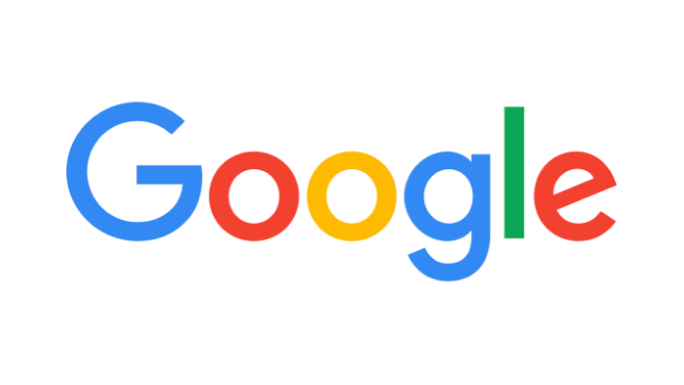COMMENTARY: Google Wins by Losing
Having “failed” to secure spectrum with a $4.6 billion bid in the recent 700 MHz auction, Google is instead seeking to get it for free. The $140 billion search engine behemoth rocked the broadcast industry this week when the news emerged that it was getting into the white space fray.
White spaces, aka “taboo channels,” are the swathes of buffer spectrum reserved between TV channels to prevent interference. The rapid growth of wireless broadband technology coupled with the finite amount of RF spectrum has made taboo channels a target for big tech firms and their supporters, e.g., Washington, D.C. think tanks that are generally hostile toward broadcasters.
The tech firms, including Microsoft, Dell, Intel, Hewlett-Packard, Philips and Google, among others, want taboo channels opened up to unlicensed devices, which means they would paying nothing for the spectrum. By comparison, Verizon and AT&T just plunked down a combined $16 billion for spectrum they have to open up to the competition.
This “open network” concept, part of the FCC auction rules and overtly supported by Google, was intended to create a network where any cell phone plan or device would work. It was also intended to entice new bidders in the space, but observers have noted that Verizon and AT&T seem oddly familiar.
Google’s $4.6 billion gesture was the FCC’s minimum bid, but winning would have required the construction of a network infrastructure--something AT&T and Verizon coincidentally possess. Opening white spaces to unlicensed devices would require only the devices, for which Google said it would gladly provide the software.
In a filing with the FCC, Google’s hired gun Richard Whitt mentioned this “Android” open platform the company is developing for mobile broadband devices.
Whitt said the Android software stack, used with geo-location technology, would protect TV signals from interference. Android-powered handsets will appear in the market “later this year,” Whitt said. He also said Google would provide third-party technical support for companies that want to make Android handsets.
The end result would be that Google becomes be the Microsoft of unlicensed devices, raking in billions on operating platform licensing fees, without dropping a dime on spectrum or infrastructure, and it would have access to $16 billion worth of 700 MHz spectrum to boot. The strategy would also free Google from its dependence on the uncertain future of ad clicks.
The idea of introducing mobile unlicensed devices into taboo channels is the broadcast industry’s worst nightmare, particularly during the DTV transition. The FCC has already blessed the use of fixed devices in taboo channels, but those can be traced and identified as sources of interference. Ferreting out violators among a few hundred thousand randomly moving transceivers is logistically impossible.
Proponents say the devices will sense active TV channels and avoid them, but prototypes have failed to do so, noted David Donovan, chief of the Association for Maximum Service Television. Google’s proposal to geo-track the devices has also been discussed.
“Google’s letter offers nothing new. It recites the same laundry list of possible ‘protections’ that have been debated for some time. The letter provides no new technical information demonstrating that its proposals will work,” Donovan said.
Charlie Rhodes, long-time contributor to TV Technology magazine and former chief scientist at the Advanced Television Test Center, has written extensively about the behavior of TV signals. Vastly oversimplified, they do not behave like water in a pipe. Energy is leaked out of and into the signal path, creating various conditions that can knock out television reception.
Noted Donovan: “As FCC data documented, however, operating on an adjacent channel will interfere with consumer’s television sets over 84 percent of a TV station’s service area. Any geolocation system must prevent unlicensed operation on both the co-channel and the adjacent channels inside a station’s contour, something that white spaces proponents have not been willing to do.”
Dennis Wharton of the National Association of Broadcaster responded to Google’s filing with a letter that included the names of 70 lawmakers on Capital Hill who have “expressed concern over the use of unlicensed personal-portable devices in the broadcast spectrum.”
“Portable, mobile personal device operation in the same band as TV broadcasting continues to be a guaranteed recipe for producing interference and should not be allowed under any circumstances,” he said.
The debate, observers agree, is far from over.
E-mail your comments to Deborah D. McAdams at dmcadams@nbmedia.com.
Get the TV Tech Newsletter
The professional video industry's #1 source for news, trends and product and tech information. Sign up below.
